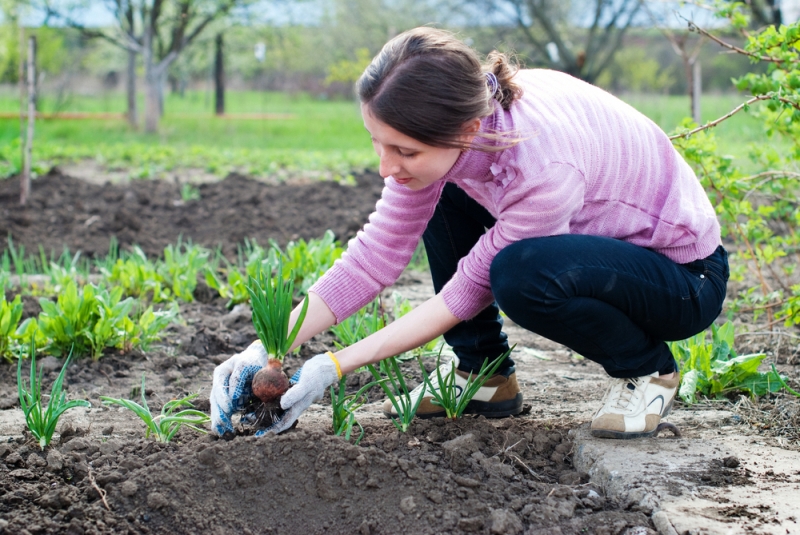
Those who are newly in recovery are taking the first steps to plant a new life for themselves, but a group of women in Chicago are now turning to planting in order to stay off drugs and alcohol.
Last year, the Lincolnshire Garden Club gave three rose bushes and flowers to the Women’s Residential Services center in Vernon Hills. The two organizations joined forces to help the garden area at the center bloom and further added to the bounty this year. Lincolnshire Garden Club board member Judy Jenner said she hoped the partnership would show the residents in recovery how beauty can grow if it’s properly taken care of.
Several of those at the center have since taken up gardening as a therapeutic pastime to help them move on from an often difficult past.
“Being able to start something and finish it feels good,” said Francesca, 24, a mother to a two-year-old, and currently receiving treatment for heroin addiction. “With recovery, we’re working on ourselves. Just to know that you can make an average seed into something beautiful, I think would give anyone hope that if we stay committed in our goals and accomplish them, we can do anything we set our hearts to.”
Horticulture therapy has long been thought as a great alternative treatment method for addiction because it gives the recovering addict a sense of purpose by putting them in a caregiver role. The American Horticultural Therapy Association also notes that gardening can yield positive results in reducing aggression, depression, and anxiety while also improving general self-esteem.
“Using horticulture as therapy builds on a special connection between people and plants. [It’s] about using plants and the natural world to promote healing in a non-threatening way,” said Margaret Nevett, horticultural therapist and writer/producer of the DVD Horticulture as Therapy. “Gardening can provide meaningful work, not busy work, for clients in long-term care. It provides an opportunity to make decisions, develop cognitive skills and become part of a community.”
